Smite 2: The Best Roles for New Players
2024-09-06 15:44:23Source:JuxiaAuthor:Juxia
Smite 2 has taken major strides from its predecessor, making gameplay more accessible without sacrificing depth. The updated system now revolves around Strength, Intelligence, or a combination of both, simplifying the once-overwhelming variety of champion archetypes. However, mastering the roles that each God can play remains crucial, and some Gods are much easier to pick up for beginners.
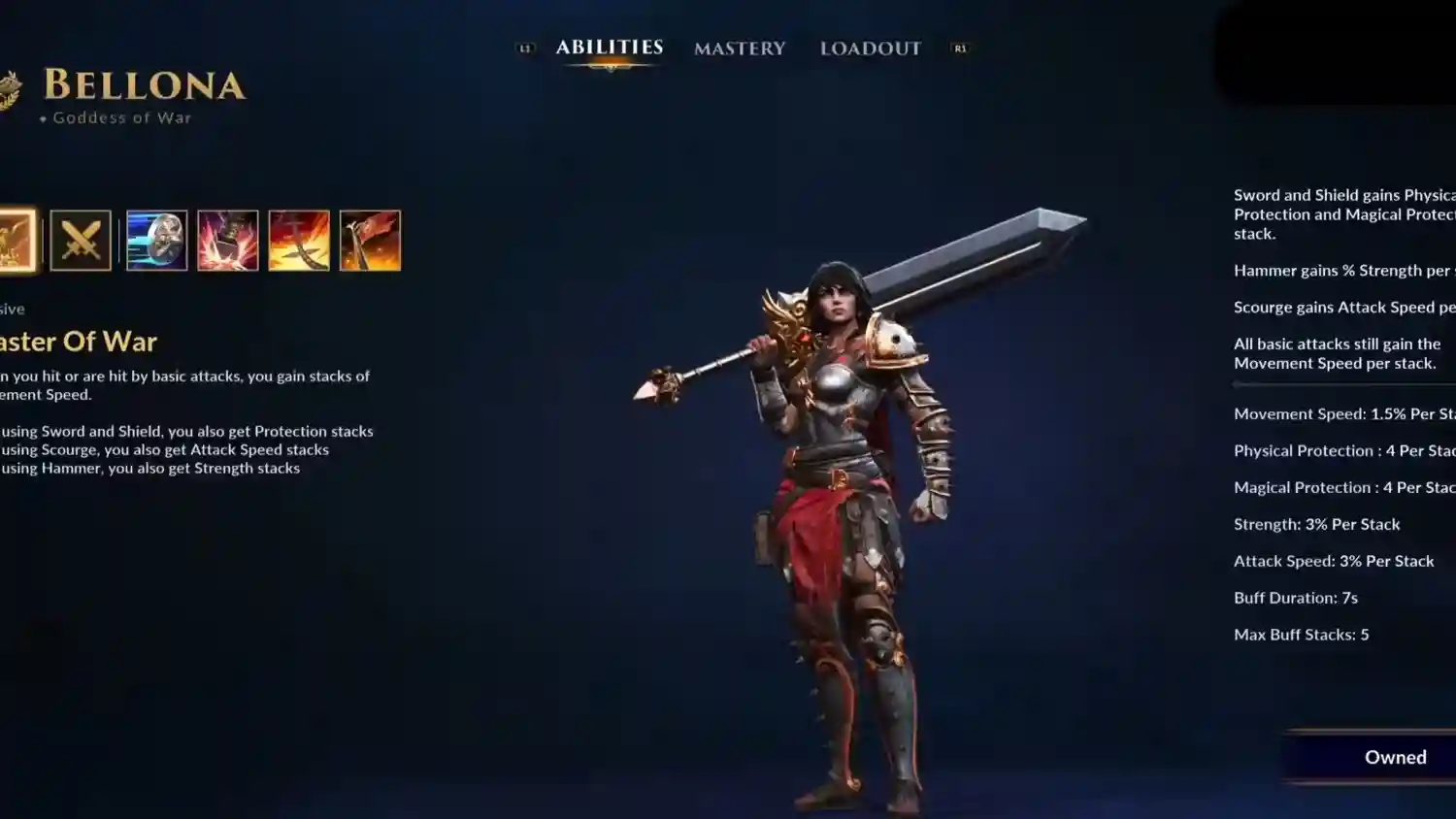
With six distinct roles to choose from, Fill is by far the most complex, as it requires a solid understanding of all other roles. While no role is entirely "easy," some offer a smoother learning curve, making them ideal for beginners to get acquainted with the game before exploring more challenging options. Fortunately, Fill isn’t a concern for trophy or achievement hunters.
4. Jungle: Requires Deep Map Knowledge
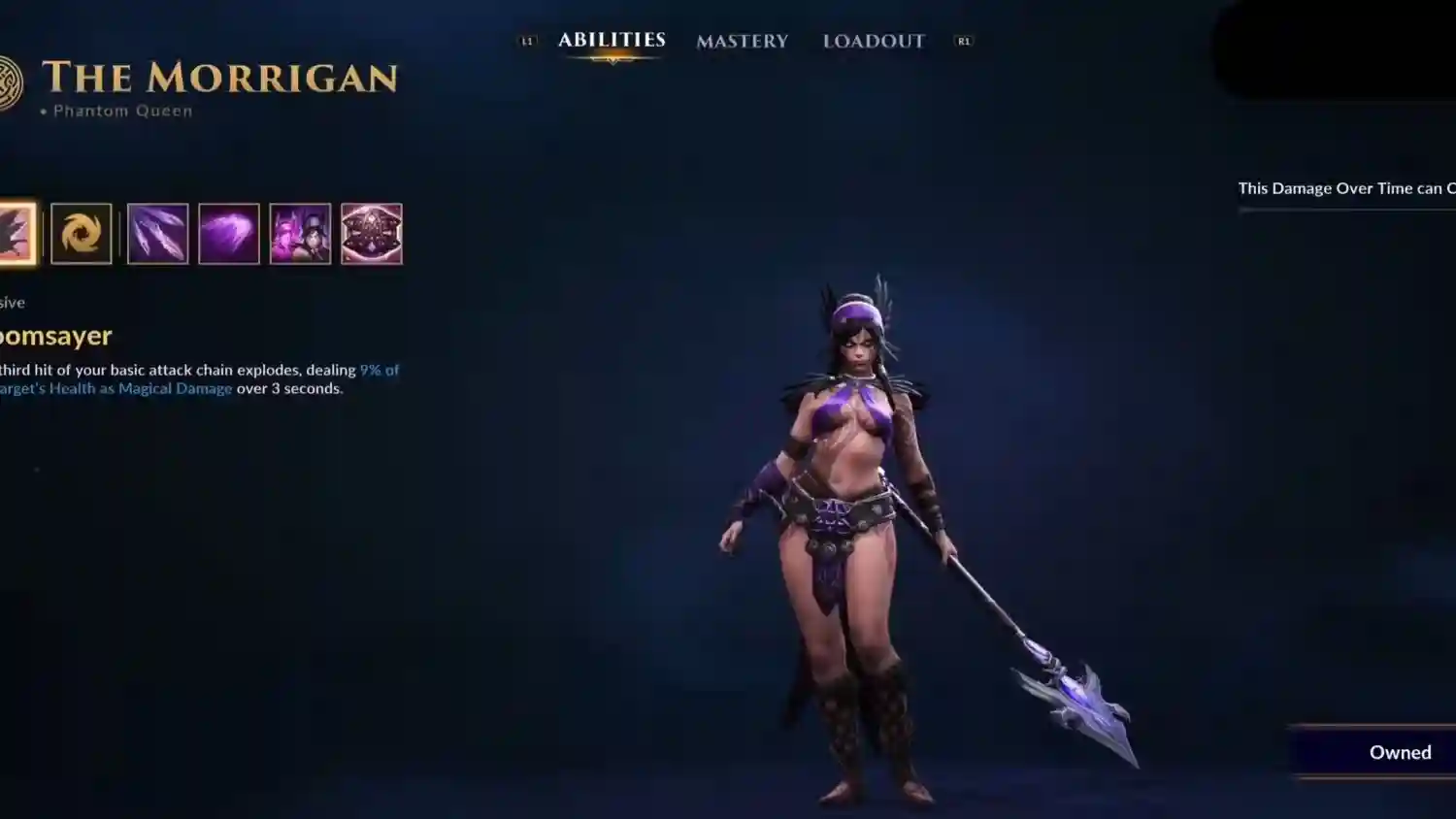
At first glance, the Jungle role may seem simple, as it focuses heavily on PvE combat to power up, rather than facing players head-on. However, Jungle is one of the toughest roles to master due to its reliance on map awareness and the ability to ambush enemy Gods. Successfully playing Jungle at a competitive level demands excellent knowledge of the map and adaptability to help your team in critical moments. You'll also need to be mindful of the opposing Jungler, who aims to do the same.
Players interested in taking on the Jungle role should first ensure they understand the game’s mechanics and can effectively assist their teammates across different lanes. While laning players focus more on their own strategy, Junglers need to manage both PvE engagements and ambush opportunities. For those looking to try Jungle, Gods like Mordred are a strong choice, as they can be built for Jungle while also fitting into more beginner-friendly roles.
3. Middle: Higher Risk Than Solo
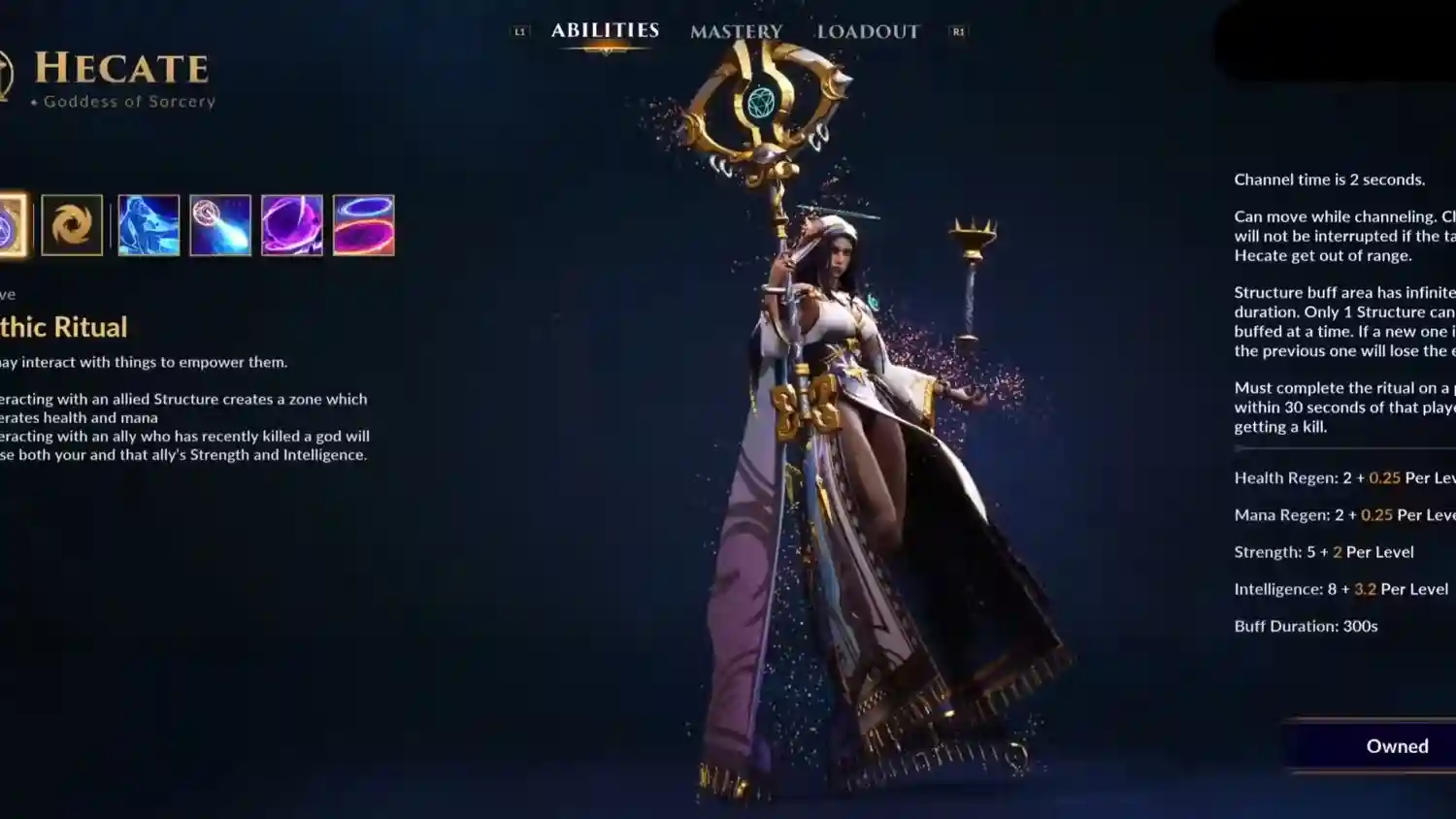
The Mid role involves controlling the Mid Lane, where you’ll often find yourself playing aggressively to dish out high damage numbers. While both Solo and Mid players operate independently in their respective lanes, the Solo role allows for more survivability thanks to tankier builds. In contrast, the Mid Lane focuses on damage output, which means there's little room for error—getting caught off guard can quickly lead to death. For Mid Lane beginners, Hades is a solid pick.
Before diving into Conquest, it's wise to test your chosen God in Arena, which functions like a Deathmatch mode where you can practice engaging in combat and withdrawing when necessary. This experience translates well to Conquest, where Mid players need to be particularly mindful of ganks from the enemy Jungler.
2. Carry: Paired with Support
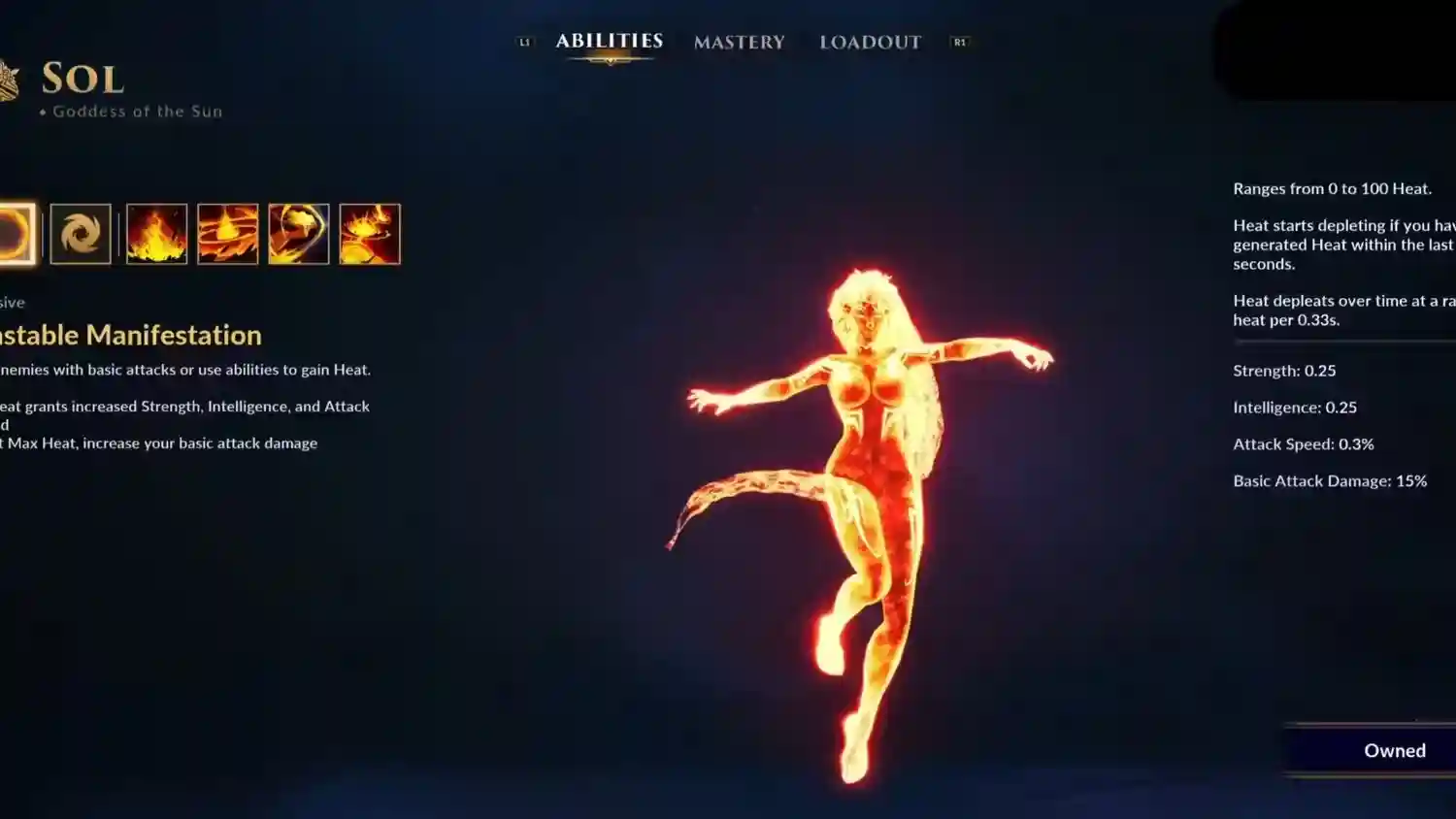
In the Duo Lane, Carry players team up with a Support, but the Carry role is more forgiving for beginners. A solid Carry player will rely on their Support early in the game, and as the match progresses, they’ll evolve into a powerful force capable of dominating on their own. While Carries become a major threat in the late game, their early game success depends largely on the synergy with their Support.
The survival rate for Carries is generally higher than that of Mid players, and the role offers an excellent opportunity to observe and learn from how Supports play. If you’re a beginner aiming to master Support, starting with Carry can help you understand what to expect from your partner. Gods like Ares work well for those who want to eventually transition into playing Support.
1. Solo: A Self-Contained Experience
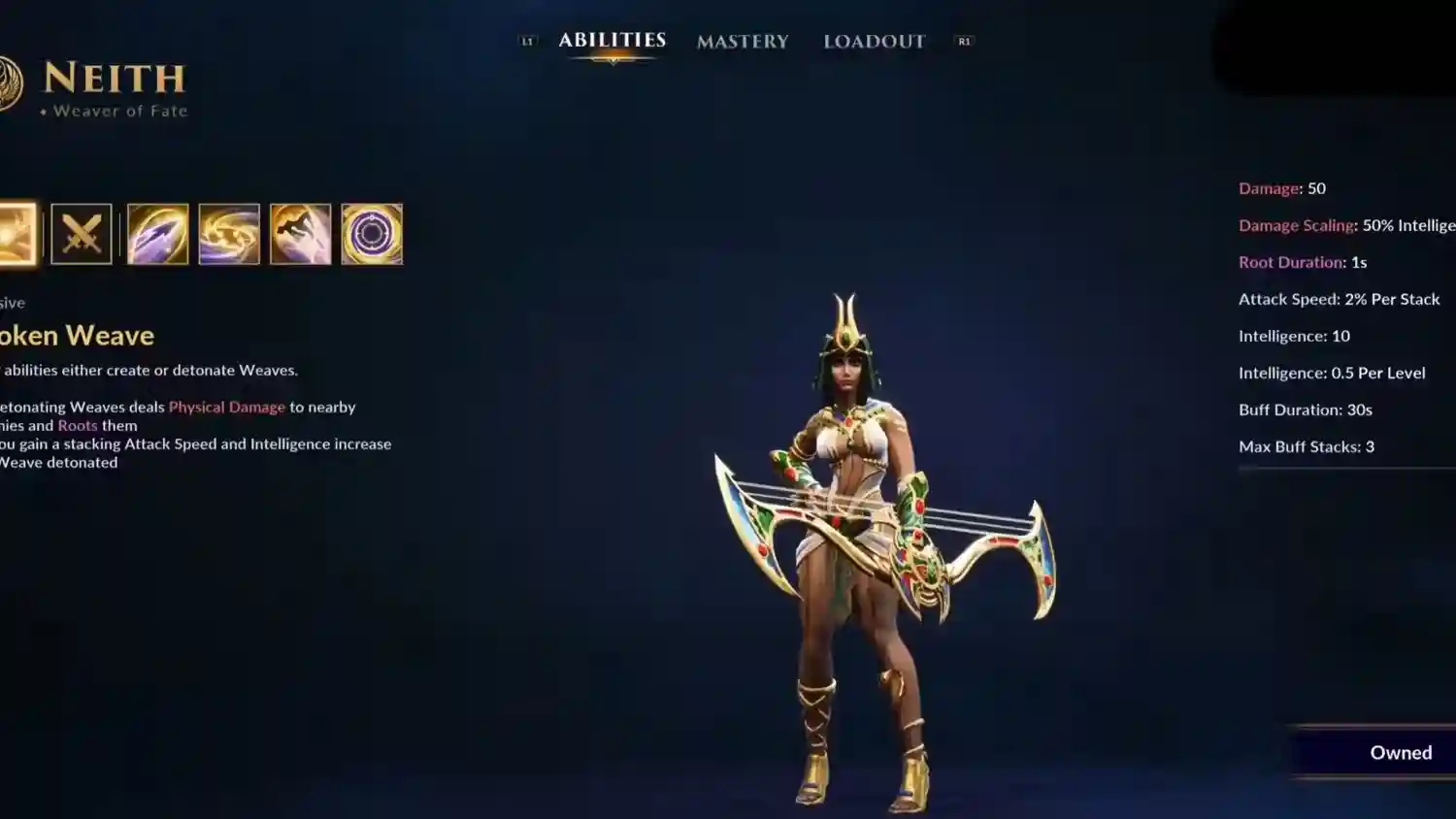
The Solo role is an ideal starting point for newcomers to Smite 2, as it allows players to develop their skills in a more isolated environment. The Solo Lane is all about balancing offensive and defensive strategies while dueling the opposing team’s Solo God. Although primarily self-contained, Solo players will still interact with other roles, learning the game’s broader mechanics as they go.
To ease into the Solo role, it's a good idea to first take your chosen God into Practice Mode to familiarize yourself with their abilities. Afterward, head into Arena to hone your combat skills. By the time you enter the Solo Lane in Conquest, you’ll have the tools needed to handle both one-on-one duels and potential ganks from enemy Junglers.
Conclusion
Choosing the right role as a beginner in Smite 2 can make a big difference in how quickly you pick up the game’s mechanics. Whether you're starting in the Solo Lane for a more self-contained experience or testing your skills in the Jungle, understanding each role’s nuances will set you on the path to success.
Related Articles
-

Smite 2 Unveils Next Two Gods Joining the Game
2024-09-13
-

Juxia Figure Review - Hatsune Miku 100th Adventure Ver Preorder Now!
2025-11-27
-

Juxia Game Review – WoW Midnight Deep Dive: Release Date, Player Housing, and Prey System!
2025-11-27
-

Juxia Anime Review - 'The Demon King’s Daughter Is Too Kind!!' Anime Upcoming Adaptation!
2025-11-27
-

Juxia Anime Review - OSHI NO KO Season 3 Release Date, Trailer, and Story Predictions!
2025-11-26
-

Juxia Game Review - Koei Tecmo’s Atelier Ryza ASMR Hits DLsite!
2025-11-26
-

Juxia Game Review - Elon Musk Just Challenged LoL Pros With Grok 5, and the Internet Is Losing It!
2025-11-26
-

Juxia Game Review - The Ultimate Final Fantasy VII Remake Intergrade Switch 2 & Xbox Breakdown
2025-11-26
-

Juxia Figure Review – 15th Anniversary Junko Enoshima Figure Every Fan Needs!
2025-11-25
-

Juxia Movie Review - The Legend of Zelda Live-Action Movie Coming Soon!
2025-11-18


